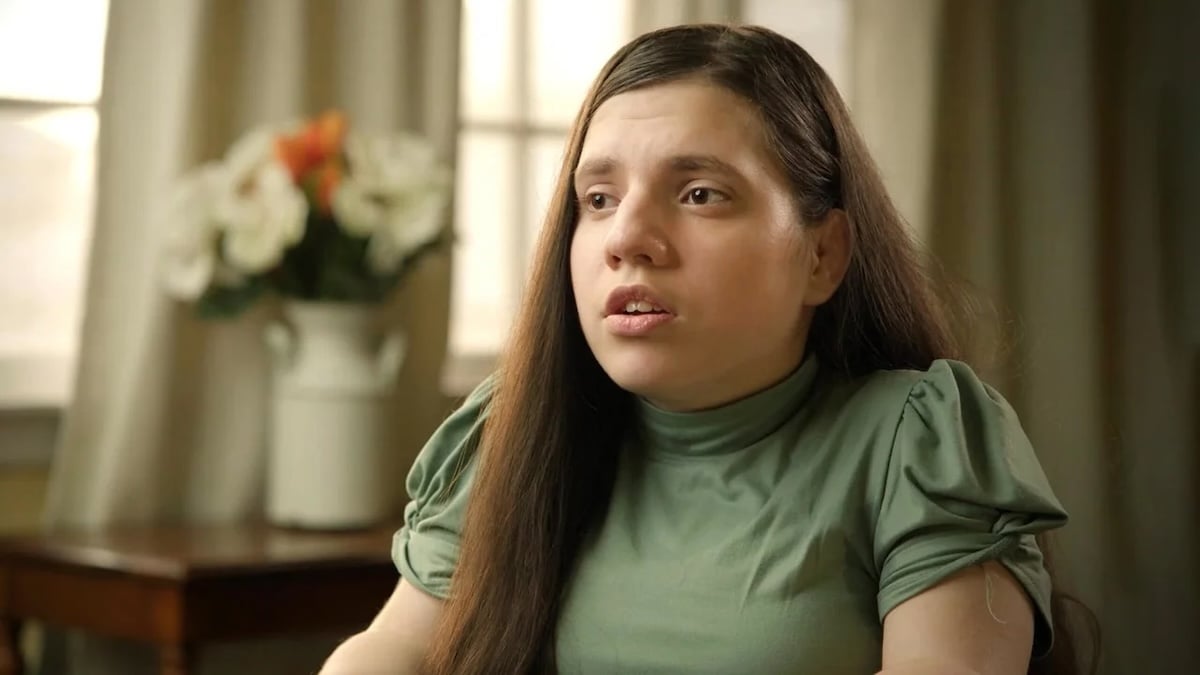For shows where audiences may already know the story, there’s a difficult task of keeping them engaged through the end. Game of Thrones, House of the Dragon, Presumed Innocent, A Good Girl’s Guide to Murder, and more have to worry about disappointing a lot of book fans in the process.
Why so? Because more often than not, screen adaptations tend to deviate from their source material—a few side characters skipped (Lady Stoneheart in Game of Thrones) or merged into one (like Nettles and Rhaena in HOTD), new twists introduced (Laenor being alive on HOTD, or Tommy Molto’s arc in Presumed Innocent), or editing out a few scenes or conversations that were readers’ favorites but probably didn’t fit into the grand scheme of the series (Ravi in AGGGTM).
And some of it is fine—required, in fact, in certain scenarios for better cinematic effect. But what happens when perfectly good plot points or character motivations from the book are changed merely for shock value? And I don’t mean shock value as in “fans are going to be surprised by how much better it made the story.” The shock value often is more about changing things up so it looks like the adaptation has something of its own to add.
But if it ends up diluting the essence of the story, then must we tamper with something that’s already good, especially when the screen version can’t quite execute it better than the original?

A recent example of this change was with the Apple TV+ legal thriller series Presumed Innocent, starring Jake Gyllenhaal, which was based on a novel of the same name by Scott Turow, who was also a co-executive producer on the show. The book has been around for decades, and it was already adapted into a film starring Harrison Ford, way back in the 1990s. So clearly, the killer’s identity was a Google search away for the impatient.
It’s understandable why the show’s writers thought that they had to change the already twist-heavy ending and give us a brand new killer, which set the show apart from its previous iterations. The twist came around in the final few minutes of the finale, when we were almost convinced that the series was going to stick with the novel’s ending. And while it impressed some, there were many who felt that it was extremely silly, and only for the sake of shock value, because they barely laid out any crumbs to this character being the killer in the entire season!
When you adapt a novel, you already run the risk of its story being out there, but that doesn’t mean you always have to change things up to surprise your audience. Many knew who the killer was and were still impressed by the show’s execution and performances, irrespective of its endgame.
Another instance of change for change’s sake called out by book fans was in House of the Dragon season 2’s adaptation of the “Blood and Cheese” part from George R.R. Martin’s Fire & Blood. In this instance, a perfectly horrific execution scene that put Helaena and Alicent in double jeopardy was altered, and it actually lowered the intensity of the gut-wrenching emotion that it was supposed to inspire! Fans couldn’t understand why the writers chose to do this when the original writing was so potent already.
HOTD has had several instances where it has deviated from source material, and while some have had great payoff, not all of them have been great ideas. One X user, after episode 7 of House of the Dragon season 2, pointed out how Lady Jeyne Arryn and Rhaena Targaryen’s dynamic had been changed from the books. Jeyne was supposed to be this strong feminist ally to Rhaena, but instead she sent the Targaryen children away to Pentos.
The trick with HOTD is that the book isn’t a concrete history, but rather written as an accumulation of versions of what happened from different sources, not all reliable. This gives the showunners a lot of leeway to play with, and yet, it does feel a tad upsetting when something you’ve been waiting to see doesn’t quite happen the way it should.
Changing something from the source material ought to serve a greater purpose and should be in service of telling the story better, even if it doesn’t appease book fans. But it most certainly shouldn’t be done merely for shock value.









Published: Aug 2, 2024 04:48 pm